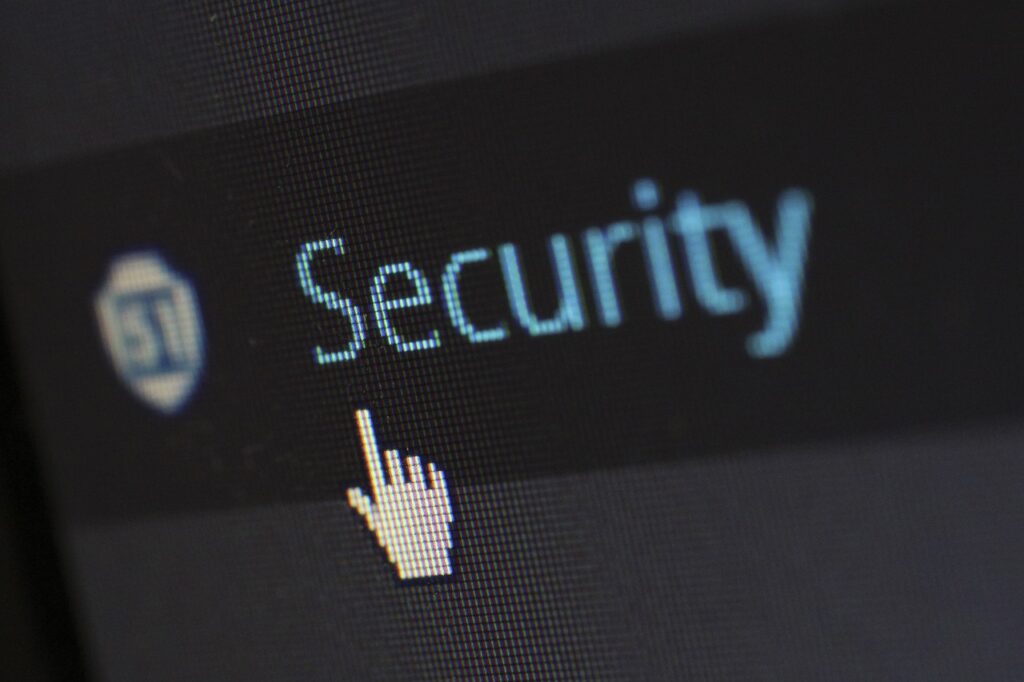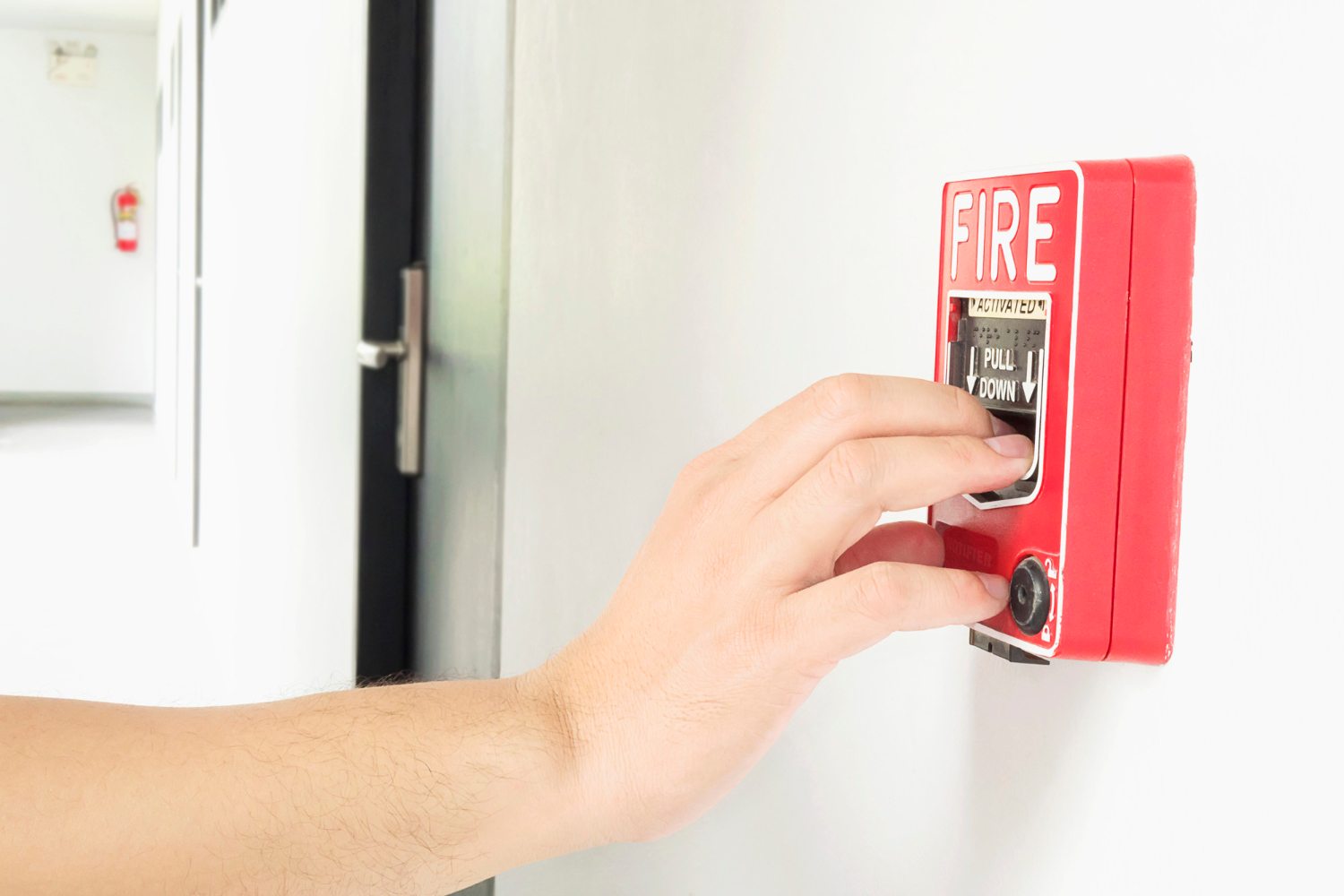Ensuring the safety and security of your business premises is paramount in today’s fast-paced and often unpredictable environment. At Amax Fire and Security, we understand the critical importance of comprehensive fire and security measures to protect your assets, employees, and customers. This blog post will share top tips to enhance your business’s fire and security posture, providing peace of mind and a secure working environment.

Understanding the Importance of Fire and Security
In today’s business environment, implementing robust fire and security measures is essential for mitigating risks and preventing potential disasters. Effective fire and security systems not only protect physical assets but also ensure the well-being of employees and clients. By prioritising fire and security, businesses can invest in their long-term success and sustainability.
One of the primary reasons businesses should focus on fire and security is the increasing number of fire-related incidents and security breaches. According to recent statistics from the UK’s Home Office, there were over 15,000 fires in non-residential buildings in 2020. This highlights the urgent need for businesses to adopt effective fire and security measures to safeguard their operations. Learn more about fire safety in non-residential buildings.
Fire Safety Tips for Businesses
Install and Maintain Fire Alarms
Fire alarms are crucial for early detection and warning, providing valuable time for evacuation and response. Ensure that fire alarms are installed throughout your premises and are regularly maintained to ensure they function correctly when needed.
Conduct Regular Fire Drills
Regular fire drills help ensure that employees know how to respond in the event of a fire. These drills should include clear evacuation procedures, designated assembly points, and communication protocols. Regular practice helps to instill confidence and quick, coordinated action during an actual emergency.
Keep Fire Extinguishers Accessible
Fire extinguishers should be readily available, and employees should be trained on how to use them. Regular inspections and maintenance of fire extinguishers are essential to ensure they are operational in an emergency. Familiarity with fire extinguisher locations and usage can significantly mitigate the impact of a fire.
Implement Fire Safety Training
Providing fire safety training to all employees is crucial. Training should cover fire prevention, emergency response, and evacuation procedures. Regular sessions help reinforce fire safety practices and ensure everyone is prepared for potential fire incidents. Effective training can also highlight specific fire risks related to your industry, making the training more relevant and impactful.
Regularly Inspect Electrical Systems
Faulty electrical systems are a common cause of fires. Regular inspections and maintenance of electrical systems can help identify potential hazards and prevent fire incidents caused by electrical faults. Ensuring that all electrical installations are up to code and functioning correctly can prevent many fire-related incidents.
Security Tips for Businesses
Install CCTV Surveillance
CCTV cameras are a powerful deterrent against theft and vandalism. Ensure that cameras are installed in strategic locations, such as entry points, parking areas, and high-traffic zones. Modern CCTV systems offer high-definition video, remote monitoring, and advanced features like motion detection, providing comprehensive surveillance coverage.
Implement Access Control Systems
Access control systems, such as key cards, biometric scanners, and PIN codes, help regulate who can enter specific areas of your premises. These systems not only prevent unauthorised access but also provide a record of who has entered and exited the building, enhancing overall security. Integrating access control with employee ID systems can streamline access management and enhance security.
Utilise Intrusion Detection Systems
Intrusion detection systems, including alarms and motion sensors, can alert security personnel to potential breaches. These systems should be integrated with your overall security infrastructure for comprehensive protection. Intrusion detection is particularly effective when combined with CCTV and access control systems, creating a multi-layered security approach.
Conduct Regular Security Audits
Regular security audits help identify vulnerabilities and ensure that your security measures are up to date. Audits should include assessments of physical security, access control, surveillance, and cybersecurity. Conducting these audits with the help of security professionals can provide an objective view of your security posture and highlight areas for improvement.
Provide Security Training
Security training for employees is essential to ensure that they understand and follow security protocols. Training should cover topics such as identifying suspicious activity, responding to security incidents, and using security equipment effectively. Regular updates and refresher courses can keep security knowledge current and effective.
Cybersecurity Measures
Implement Strong Password Policies
Ensure that employees use strong, unique passwords for all business accounts. Passwords should be changed regularly, and multi-factor authentication should be enabled for added security. Educating employees about the importance of password security can prevent many cyber-attacks.
Regularly Update Software
Keeping software and systems up to date is essential for protecting against vulnerabilities and exploits. Regular updates and patches help close security gaps and protect against the latest threats. Automated update systems can help ensure that all software is consistently up to date.
Conduct Cybersecurity Training
Provide regular cybersecurity training to employees, covering topics such as phishing, malware, and safe browsing practices. Educating employees about cyber threats helps reduce the risk of human error and enhances overall security. Simulated phishing attacks can be an effective way to test and improve employee awareness.
Use Firewalls and Antivirus Software
Firewalls and antivirus software are fundamental tools for protecting your network and systems from cyber threats. Ensure that these tools are configured correctly and regularly updated. Comprehensive cybersecurity software suites can offer integrated protection against a wide range of threats.
Develop an Incident Response Plan
Having a well-documented incident response plan is crucial for effectively managing and mitigating the impact of a cyber incident. The plan should outline the steps to take in the event of a breach, including communication protocols, containment strategies, and recovery procedures. Regularly reviewing and practising the incident response plan can ensure that your team is prepared for any eventuality.
Ensuring a Safe and Secure Business Environment
In conclusion, implementing comprehensive fire and security measures is essential for protecting your business, employees, and assets. By prioritising fire safety, physical security, and cybersecurity, businesses can mitigate risks and create a secure working environment. At Amax Fire and Security, we are dedicated to providing cutting-edge solutions tailored to the unique needs of your business. For more information on how we can help enhance your business’s fire and security, please visit our fire and security page.
By adopting these fire and security tips, businesses can ensure they are well-prepared to handle potential threats and emergencies. Regularly reviewing and updating your security measures, conducting training, and staying informed about the latest security trends and technologies will help maintain a safe and secure business environment.
4o



